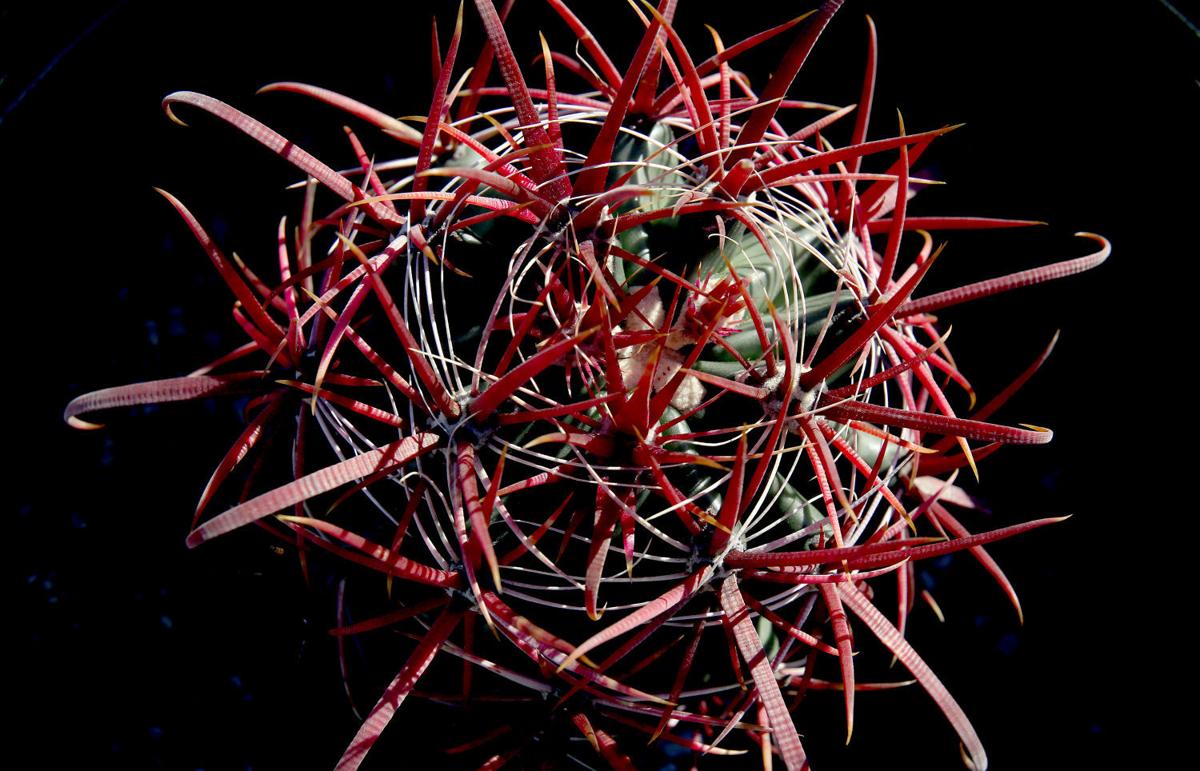Q: We are snowbirds here November through March. Much of our landscape was redone the last week of March and we departed April 3. Now we have just returned and I see our 5-gallon emus (red valentine shrubs) have bit the dust and a couple red barrels are dying. These plants should have been sturdy enough for their western exposure site. Our new sprinkler system is one year old and works fine. Would you guess that these plants should not have been planted so late in the spring before we left right away? Perhaps they needed two to three daily waterings on hot summer days but no one was here? Our gardener/landscaper didn’t indicate that there should be any problems and he knew we are here just part time and he set the sprinklers.
We both chose the plants together and he knew we were leaving immediately after he installed the landscape. He wasn’t able to schedule our work sooner and I think maybe the job shouldn’t have been done after late January to allow the plants to settle in before the heat hit.
A: The last week of March and into April we were seeing temperatures in the high 80s and low 90s. If your irrigation was working properly and delivering the right amount of water then you might have been OK, although western sun exposure is a tough place to get started when it gets hot.
Drip irrigation is the preferred method rather than a sprinkler and the recommended amount for the summer season is once every 14 days to a depth of 12 to 18 inches for the barrel cacti and 24 to 36 inches for the emu shrubs. The barrels (Ferocactus species) are certainly desert plants and the emu (Eremophila maculata) is from Australia and a good desert adapted plant so their chance of survival in your area is good.
You are asking the right questions and if you are planning to try again, I recommend planting earlier, maybe now, so they can get established before the summer and make sure to adjust your irrigation to fit the needs of the plants.
Peter L. Warren is the urban horticulture agent for the Pima County Cooperative Extension and the University of Arizona. Questions may be emailed to tucsongardensage@gmail.com




